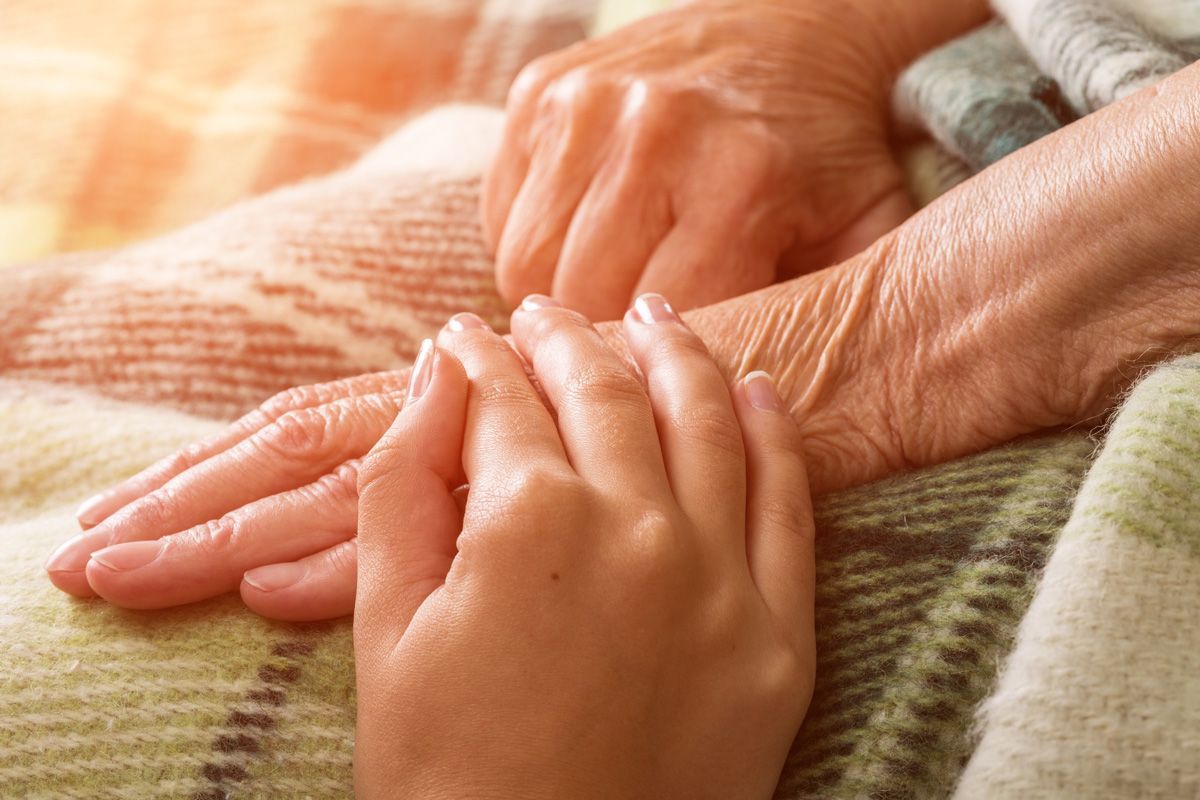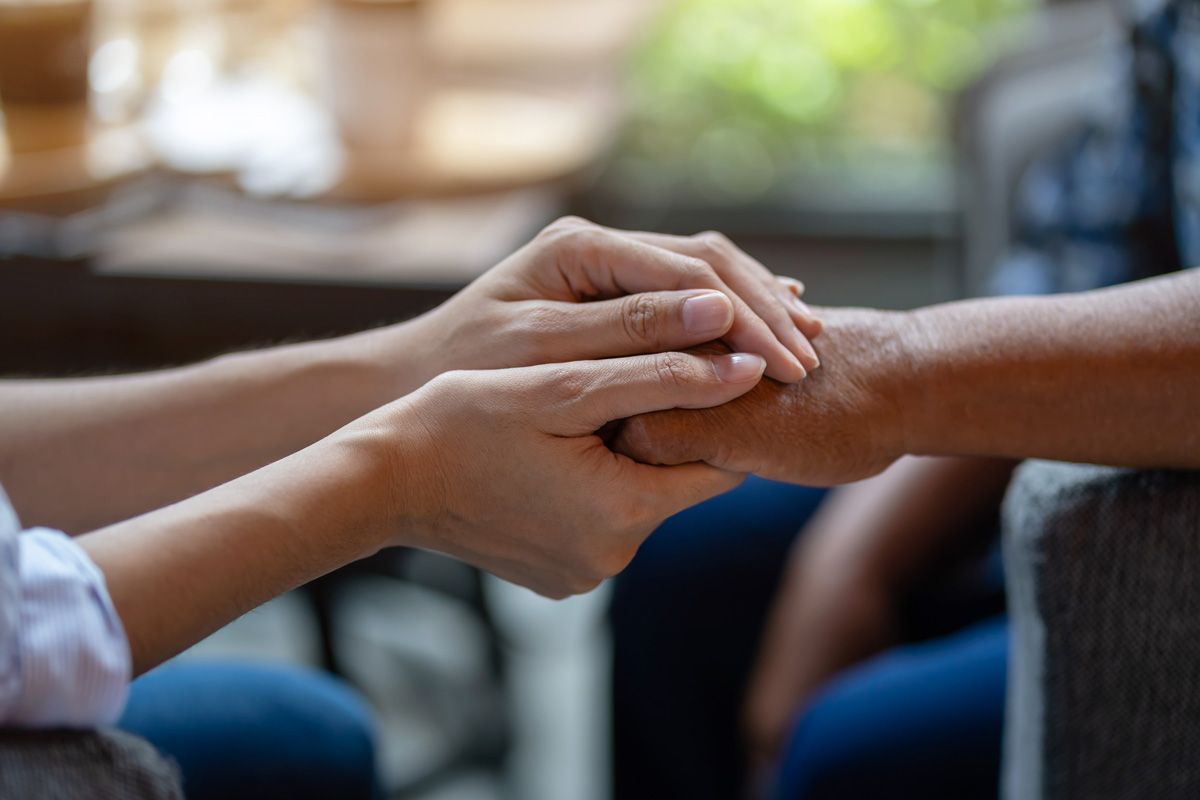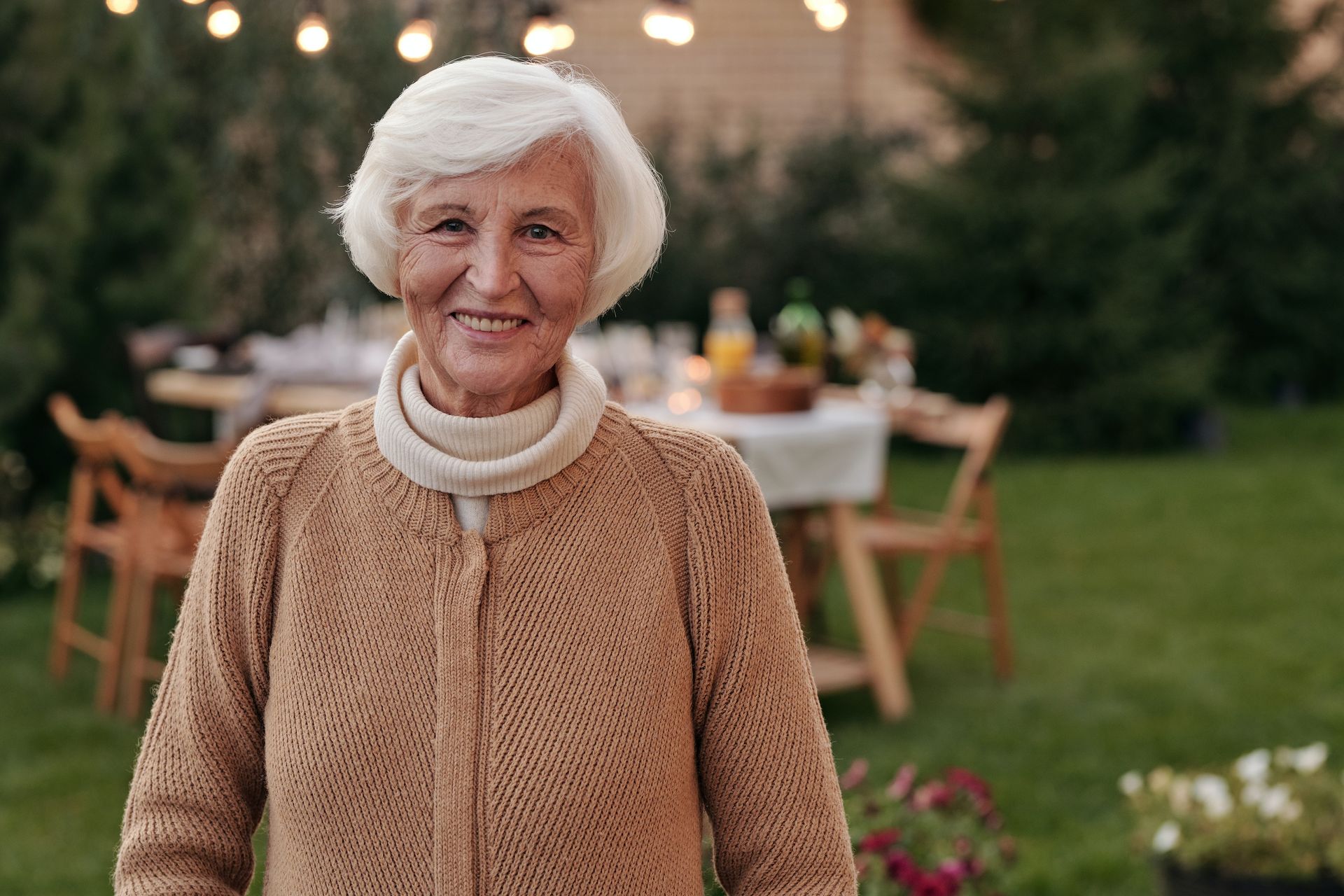Southwest Regional Hospice & Palliative Care Symposium
How Hospice and Home Health Care Can Support COPD Patients
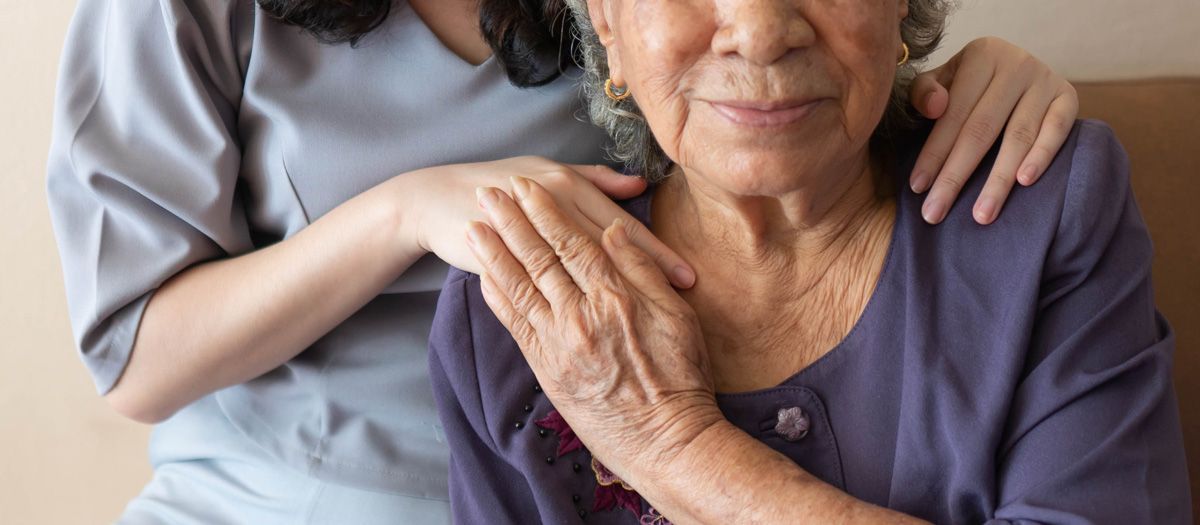
Chronic obstructive pulmonary disorder, better known as COPD, refers to a set of debilitating breathing conditions. While there are different individual diseases categorized as COPD, they all affect the lungs and one's ability to breathe. As such, when patients reach late-stage COPD, they require constant supervision and care, making them excellent candidates for hospice and home health.
If you are looking for
COPD end-of-life care in El Paso for yourself or a loved one, Hospice El Paso is here to assist you. To learn more about our compassionate services, contact us
online or call
(915) 532-5699 today.
Benefits of Hospice for COPD End-of-Life Care
If you or a loved one requires COPD end-of-life care, here are some of the advantages of turning to at-home hospice care for your needs.
Premium Care in a Familiar Environment
The biggest reason COPD end-of-life care at home is a good option is because you get the care you need in a loving, familiar environment. Even the most comfortable and luxurious hospitals and assisted living facilities don't feel exactly like home. The only place that truly does is your residence, whether a house or apartment. Hospice home health care offers you the opportunity to live out your days getting the care you need in the home that you love.
Medicine When You Need It Most
In addition to care in a comforting and familiar environment, COPD end-of-life care also means you get medicine and treatment when you need it most. This is vastly different than at a hospital when you need to wait your turn or until your nurse or doctor comes around. With hospice, your caregiver is always right by your side and ready to assist you.
Improved Pain and Anxiety Management
Because you're getting the right medicine at the right time, you will have less pain than you would at a hospital or nursing home. This will also result in less anxiety because you won't have to worry about getting the care you need before pain sets in.
Less Prone to Depression
In addition to less anxiety, patients who invest in El Paso COPD end-of-life care through hospice are also less prone to depression. This will allow you to remain comfortable and get the most joy out of your final days as possible.
Hospice and Home Health Care For COPD in El Paso
If you live in El Paso and require COPD end-of-life care, the compassionate team at Hospice El Paso can help. We offer premium and comprehensive hospice and home health care services for a wide range of conditions. We'll help you remain as comfortable and dignified as possible during the final stages of COPD. Call (915) 532-5699 to get started.
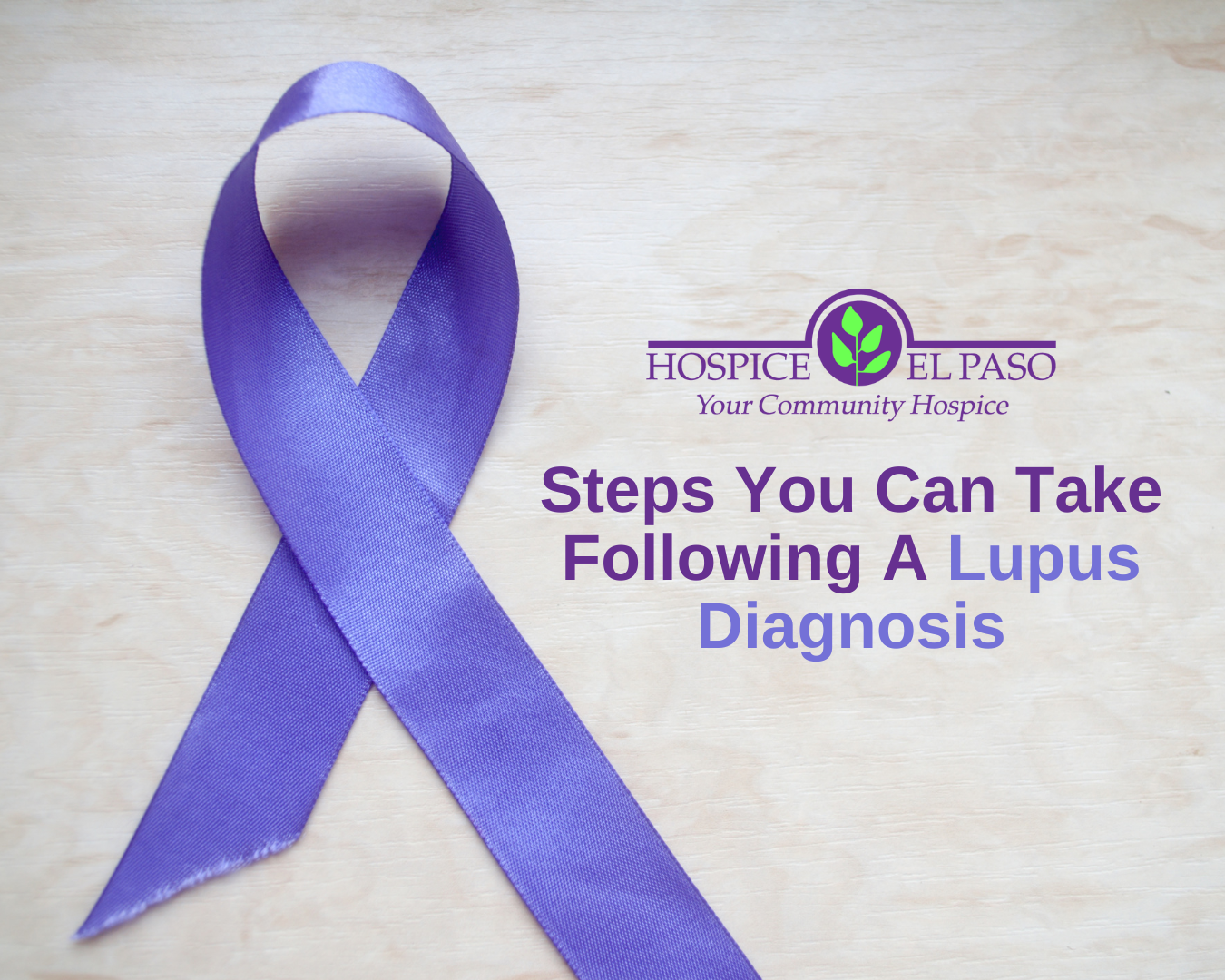
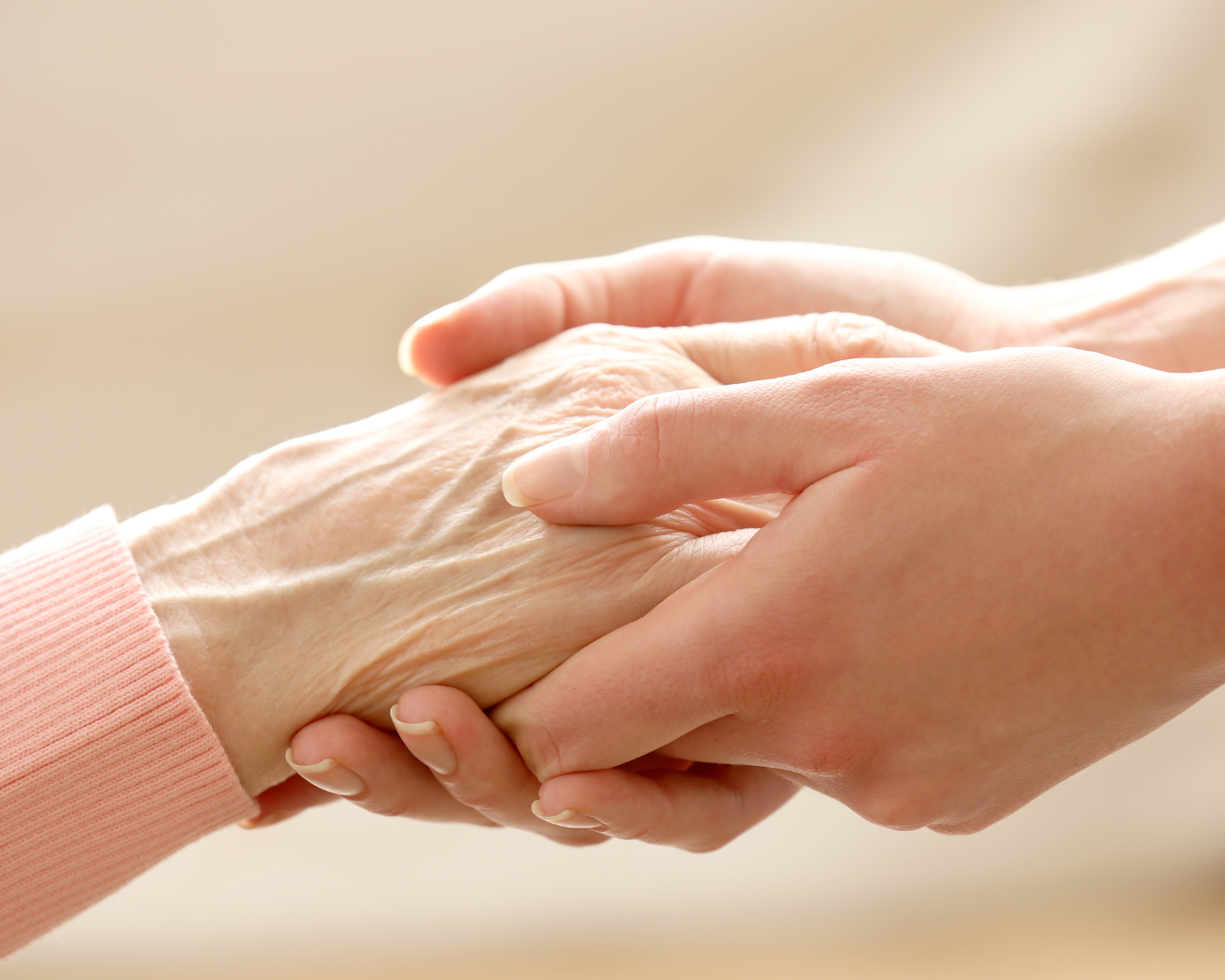
OUR SERVICES
OUR ORGANIZATION
Hospice El Paso is a recognized 501(c)3 charitable organization
Hospice El Paso is a recognized 501(c)3 charitable organization |
Copyright © 1982-2023 Hospice El Paso, All Rights Reserved
Copyright © 1982-2024 Hospice El Paso, All Rights Reserved |







